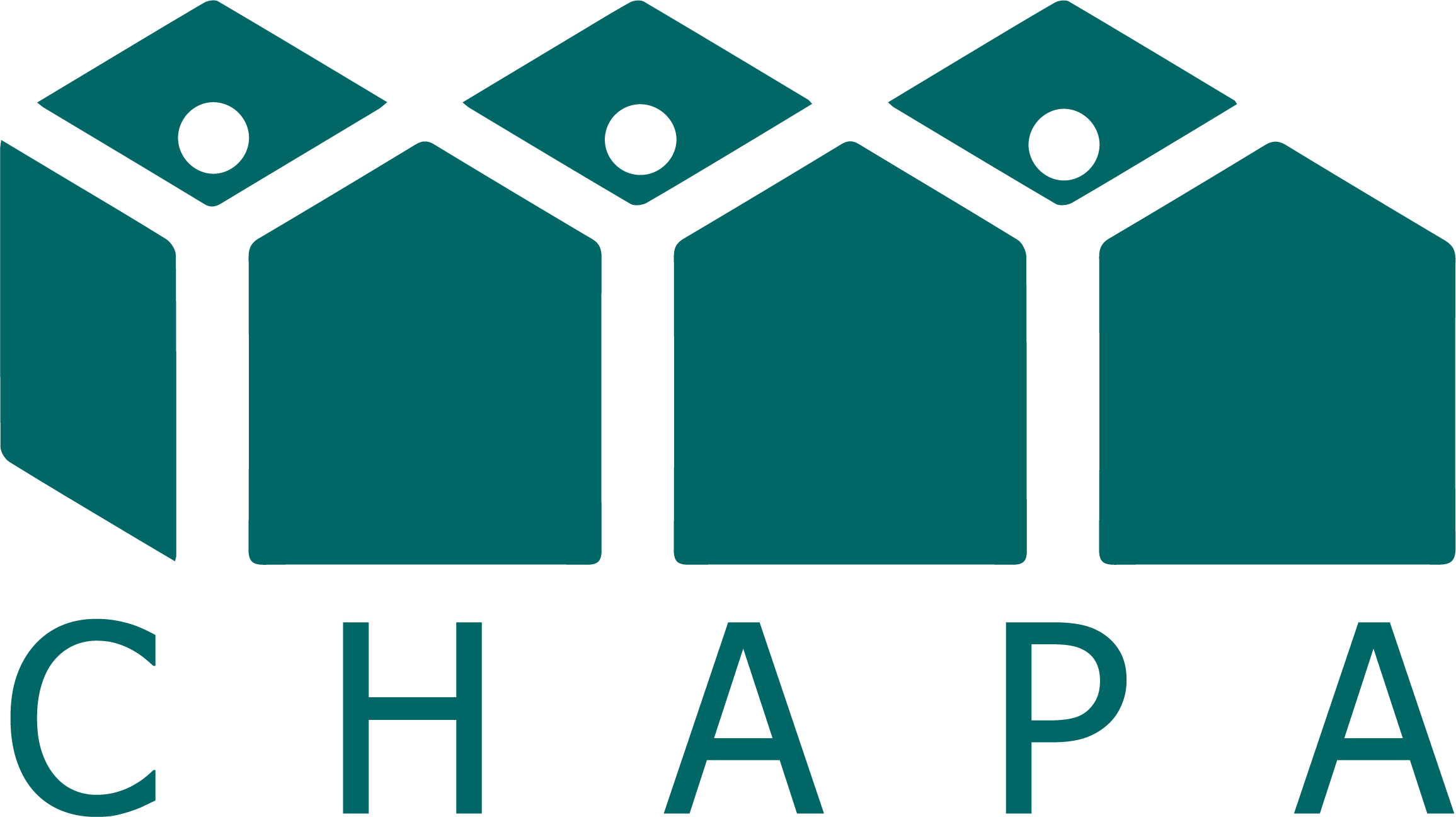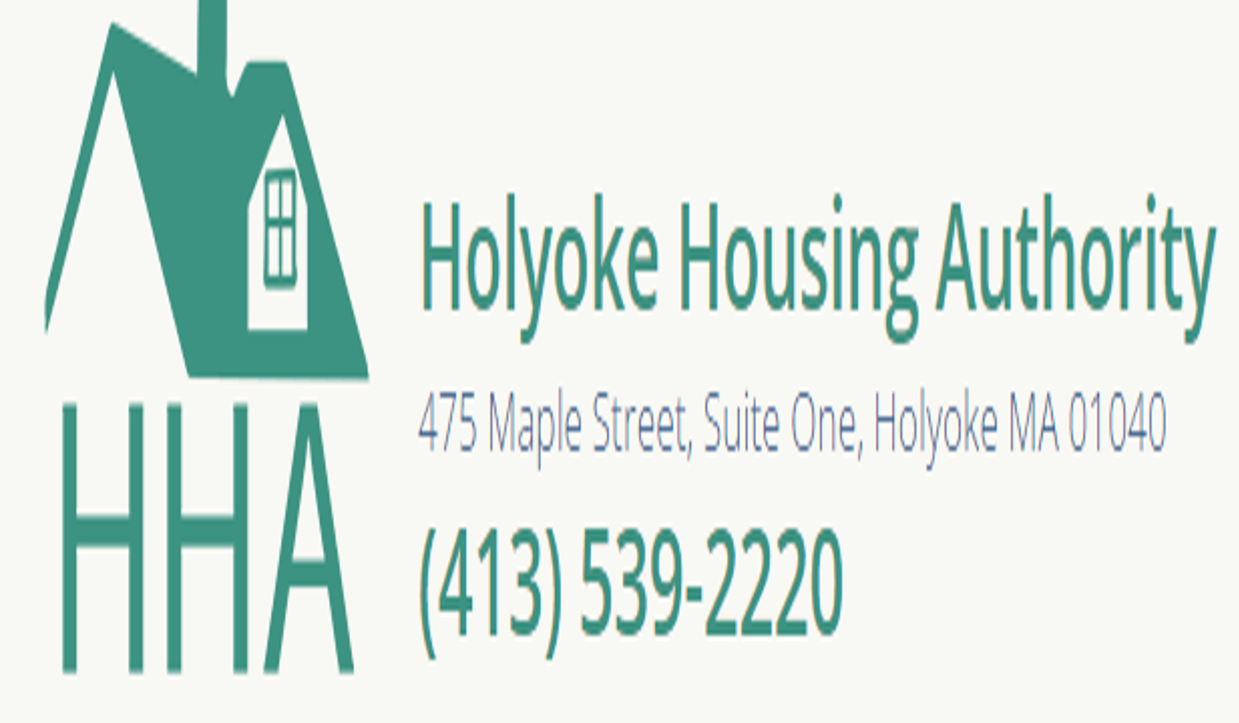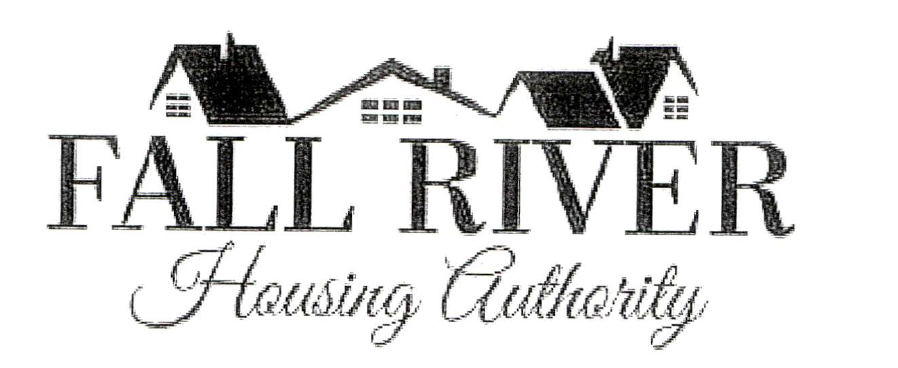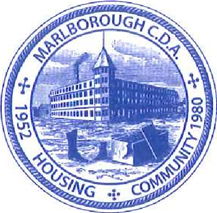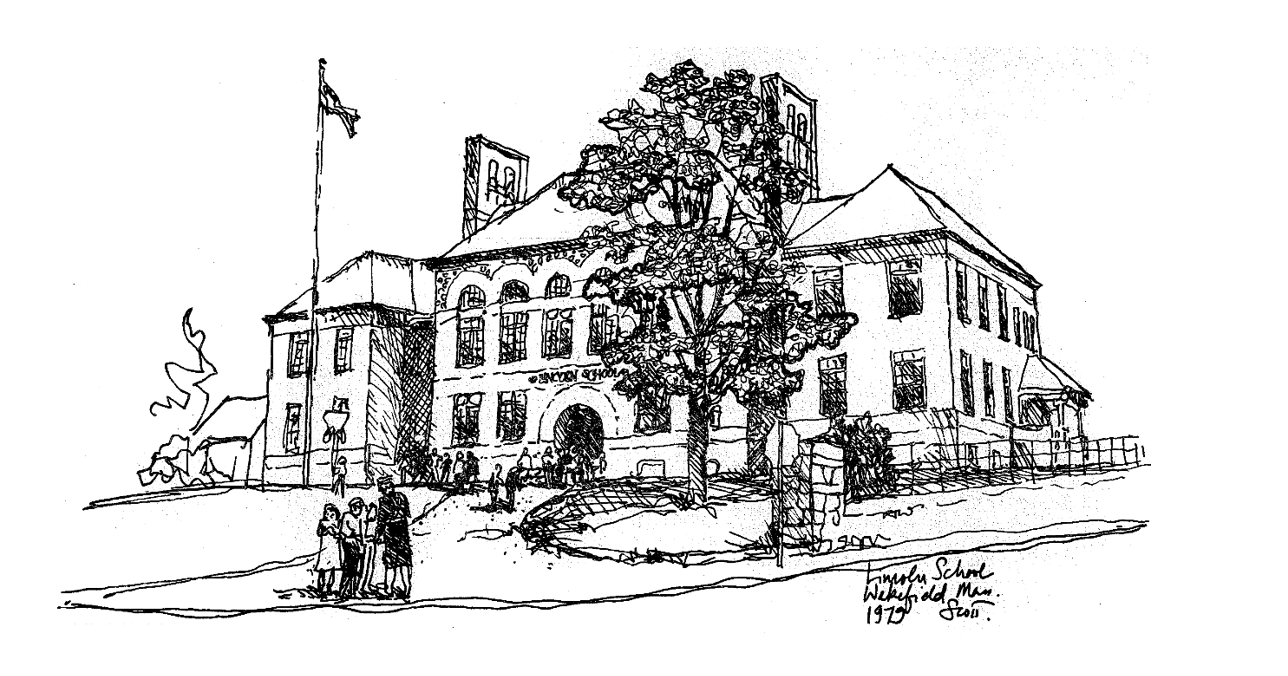8:00 AM – 9:45 AM Continental Breakfast
8:00 AM – 1:00 PM Convention Registration
10:00 AM –12:00 PM Morning Plenary
-
- Reports from the Membership, Finance, Personnel and Policy Committees
- Discussion about Mass Union’s Values, Vision and Mission
- Advocacy Tips 101 – Lobby Day Prep
This session will include a 10-minute break around 11AM
12:15 PM – 1:00 PM LUNCH
1:00 PM – 2:15 PM WORKSHOP OPTIONS I
What the Heck is HOTMA?
Spanish translation available | Traducción al español disponible
HOTMA, a federal housing program, stands for the Housing Opportunities & Modernization Act. In 2024, the program underwent significant changes that may affect how federal tenants’ rent and income are calculated. Join this workshop to learn more about HOTMA, including opportunities to influence how your housing agency responds.
Moderator: Annette Duke, Attorney, Mass Law Reform Institute; Presenter: Mac McCreight, Attorney, Greater Boston Legal Services
Race, Class and Belonging
Spanish translation available | Traducción al español disponible
Public housing is beautifully diverse. Join this session to reflect and learn about the role race and class play in public housing and Local Tenant Organizations. We’ll focus on how to ensure that your tenant group is “radically inclusive” so that everyone feels like they belong, regardless of their race, language, religion, ethnicity, age, sexual orientation, (dis)ability, or any other factor.
Moderator: Sonia Andujar, Mass Union Treasurer; Presenters: Maria Fernandes-Dominique, Trainer and Facilitator; Tiana Lawrence, Trainer and Facilitator
Advocacy 101
Note that this workshop is being offered during both time slots.
During this session, you’ll learn about the process of passing bills and budgets at the Massachusetts State House, and learn how to be empowered to advocate for fully funded public housing through conversations with your elected officials and their staff.
Moderator: Carol Roberts, Mass Union Board Member; Presenters: Ben Echevarria, Mass Union Director of Organizing; Elaine Almquist, Founder & Principal, Almquist & Associates
Tenant Participation and the Blueprint for Change
According to EOHLC, resident participation in decision-making at the Housing Authority is beneficial and should be encouraged. Join us for a review of your participation rights as well as tips for running a strong, impactful Local Tenant Organization (LTO). We’ll include tips for using the “Dot Exercise” to prioritize issues in a way that strengthens the LTO’s group cohesion.
Moderator: Maryanne Potrzuski, Mass Union Secretary; Presenters: Sue Kirby, Mass Union Network Leader; Carlos Julia, Mass Union Network Leader
2:15 PM – 2:30 PM BREAK
2:30 PM – 3:45 PM WORKSHOP OPTIONS II
Mass Union’s Values, Vision and Mission
Spanish translation available | Traducción al español disponible
Based on the results of our organizational assessment, Mass Union is working to clarify our values, vision and mission statements. Values such as grassroots power and radical inclusion ground and unite us. Our vision is the more perfect world we are trying to create. And our mission statement will clarify how we, Mass Union, are doing our part to create that world. We want to hear your thoughts on these three important topics! Join us as we shape these core statements for Mass Union.
Moderator: Dave Underhill, Mass Union Chair; Presenter: Sarah Byrnes, Mass Union Executive Director
Local Tenant Organization (LTO) Participation in Your Community
Number 5 on Mass Union’s policy agenda is improving LTO participation. Help us understand how LTO participation happens in your community – the good, the bad, and the ugly! This information will help us work with the state on a new PHN designed to strengthen and clarify tenant participation regulations. Join the discussion to hear from others and share your story.
Facilitators: Don Hamilton, Mass Union Vice Chair; Ben Echevarria, Mass Union Director of Organizing
Advocacy 101
Note that this workshop is being offered during both time slots
Spanish translation available | Traducción al español disponible
During this session, you’ll learn about the process of passing bills and budgets at the Massachusetts State House, and learn how to be empowered to advocate for fully funded public housing through conversations with your elected officials and their staff.
Moderator: Jessica Quinoñez; Presenters: Annette Duke, Attorney, Mass Law Reform Institute; Elaine Almquist, Founder & Principal, Almquist & Associates
Practices for Cultivating Self and Community Care
Join Maria Fernandes-Dominique of Culture Builders Coop, LLC for an interactive conversation to explore the concepts of self and collective care. We’ll work to identify and expand the wellness practices in our toolkit and create opportunities to build intentional practices into our daily lives.
Moderator: Danielle Connolly, Mass Union Assistant Treasurer; Presenter: Maria Fernandes-Dominique, Trainer and Facilitator
3:45 PM – 4:45 PM Mass Union Board Election
4:45 PM – 5:00 PM Closing & Raffle


